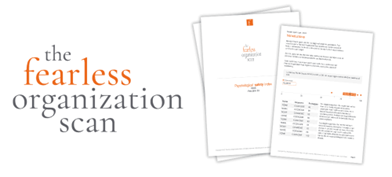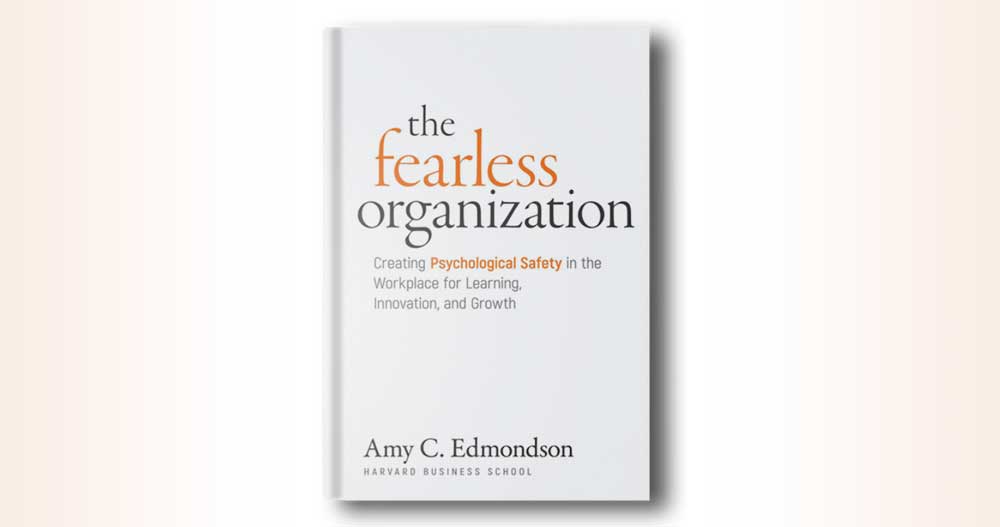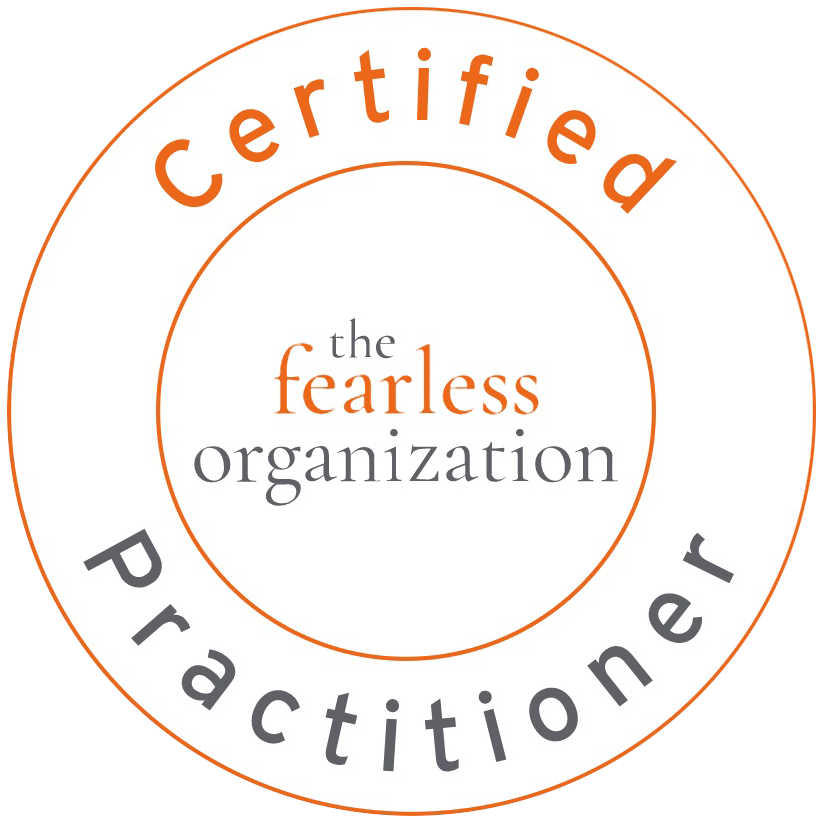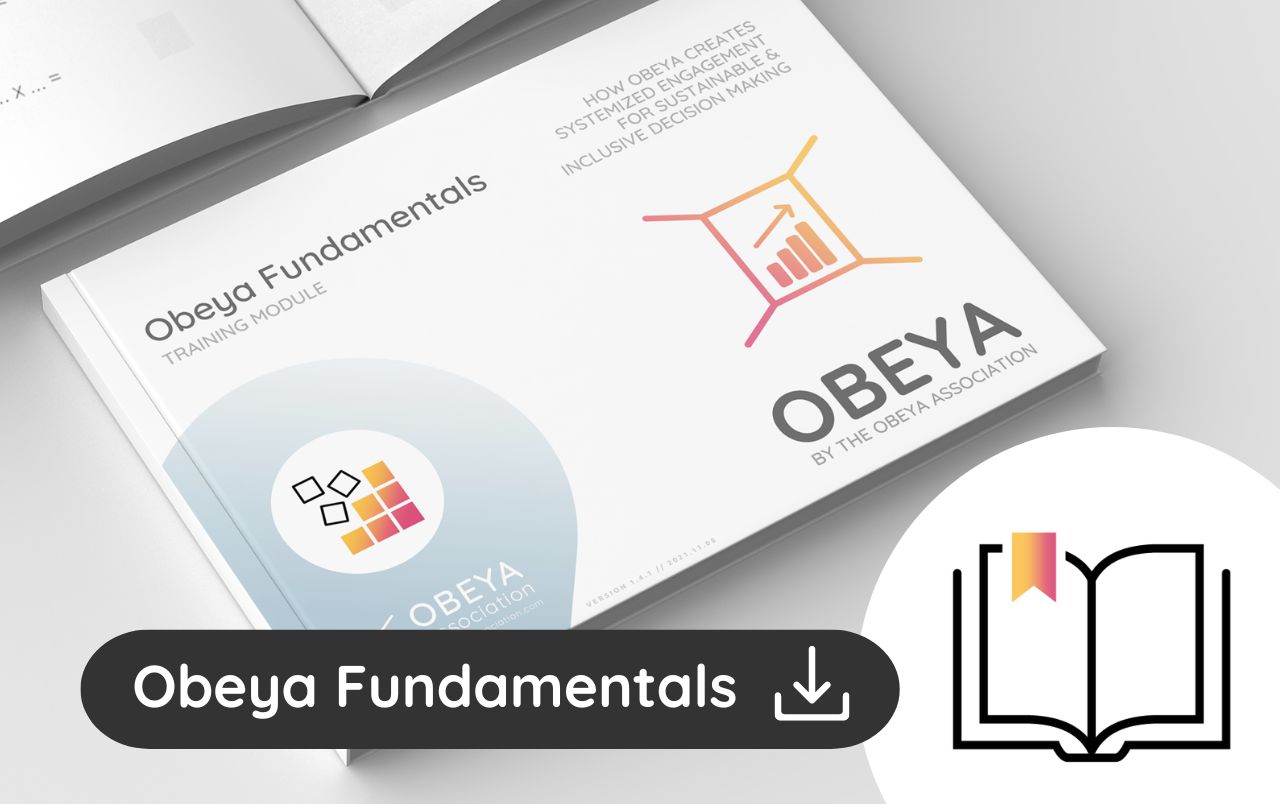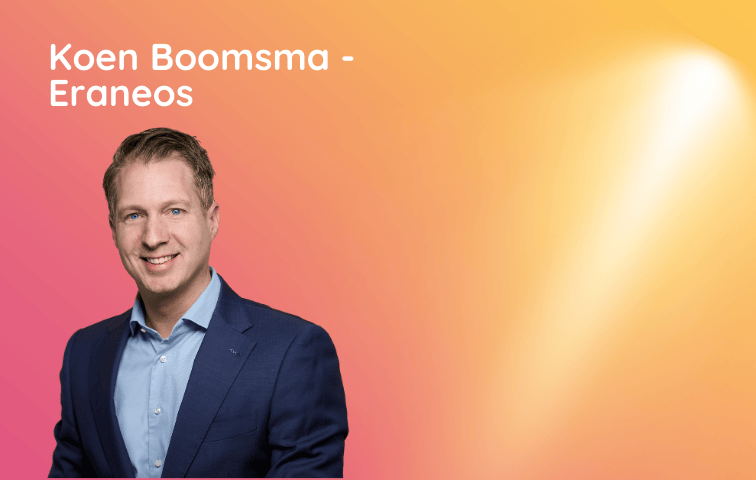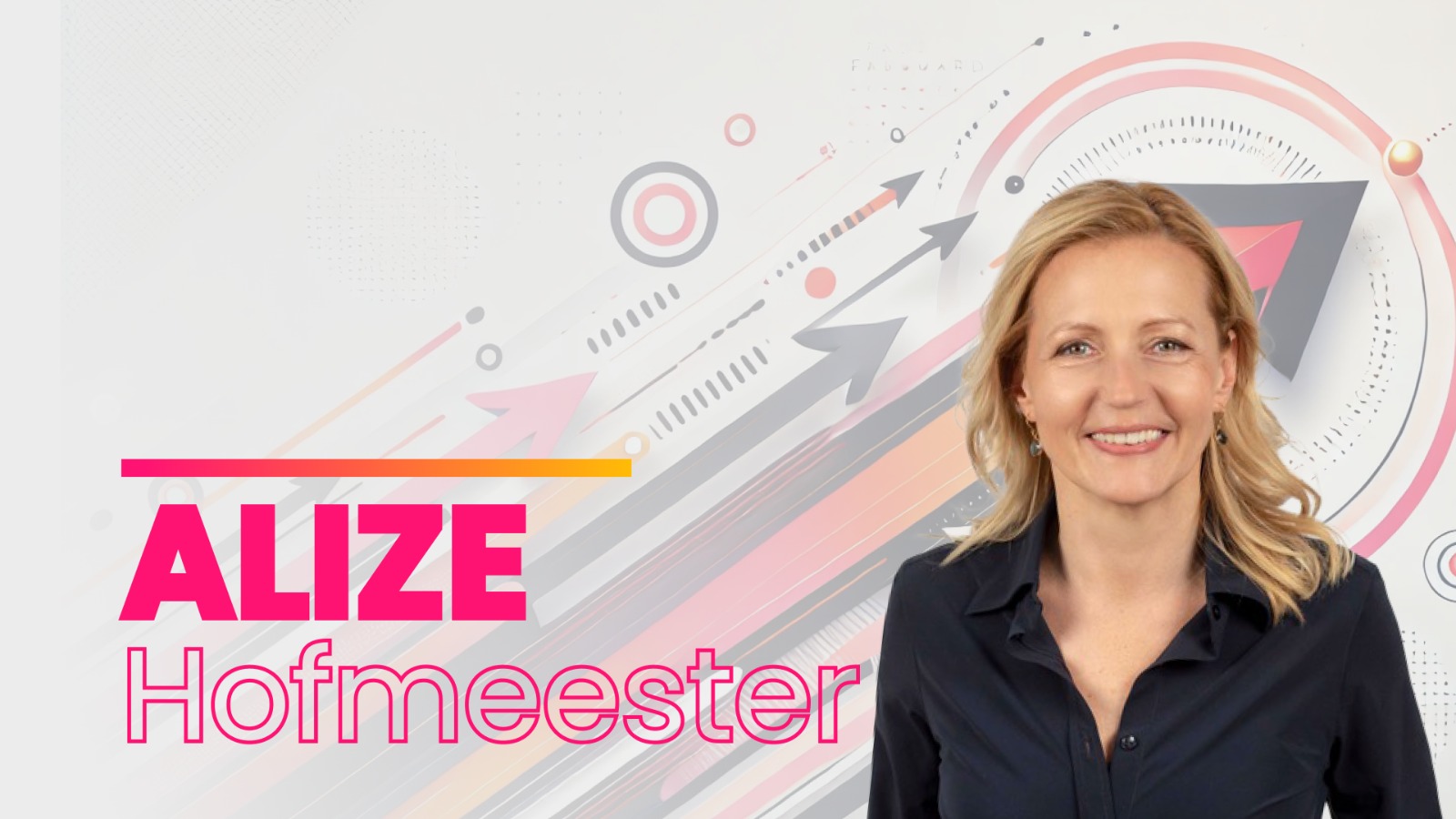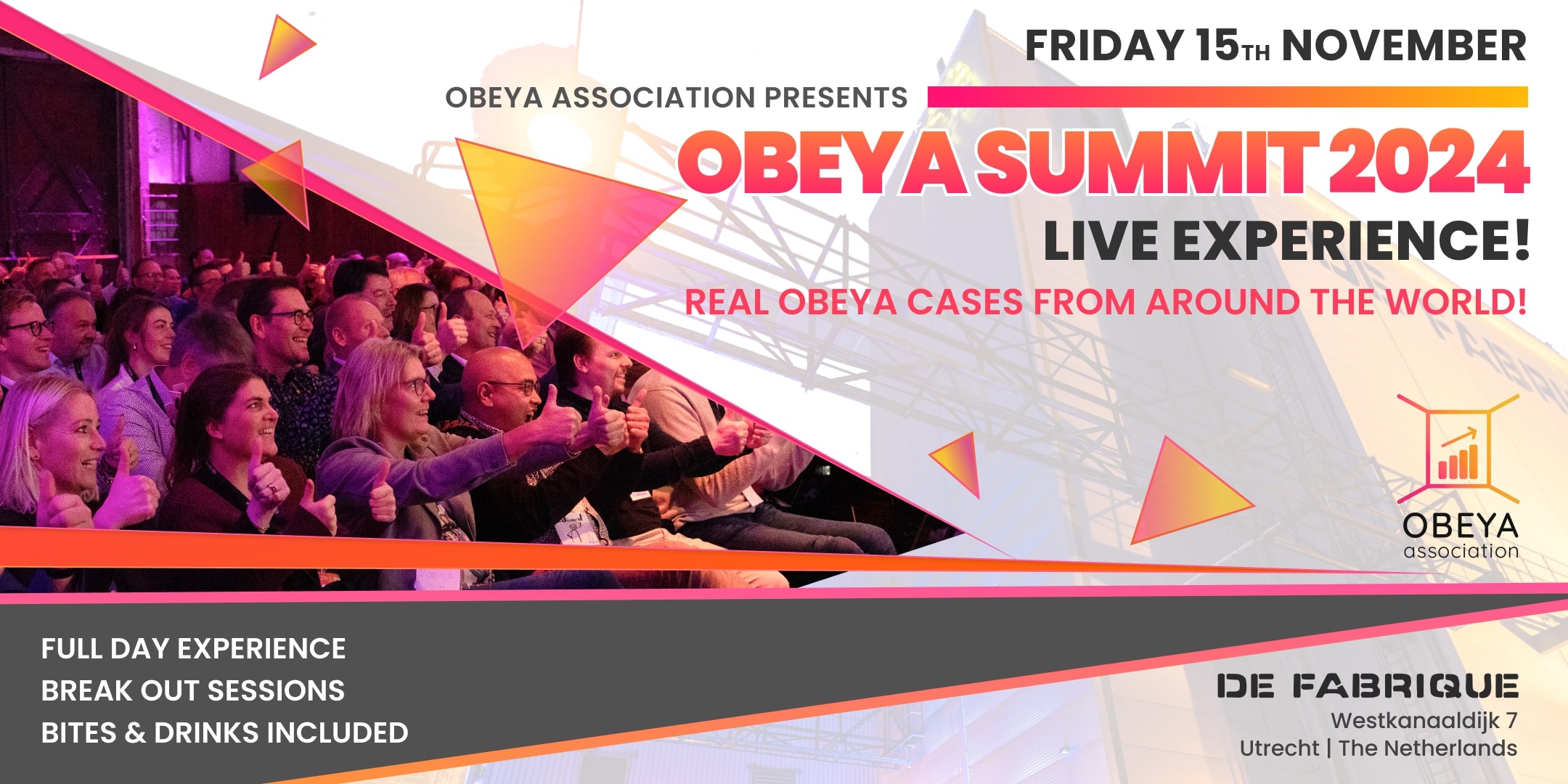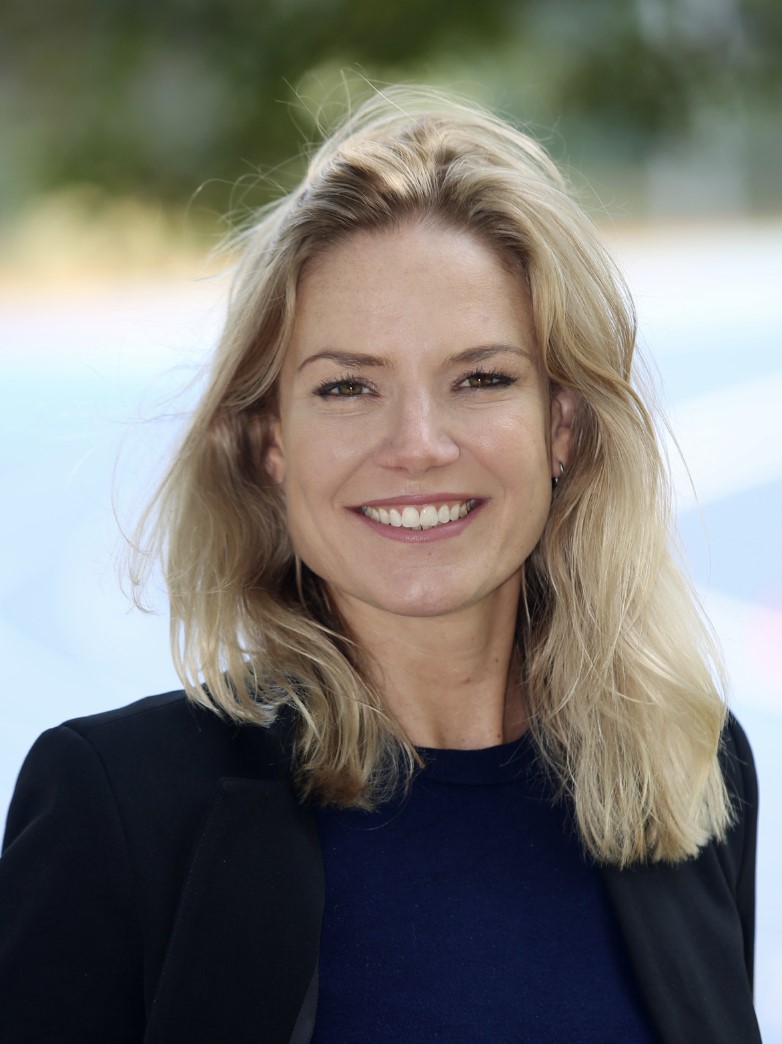
Author of this article: Cynthia de Jager, expert in building high performance, cultural bridges & psychological safety in sport organizations and business teams with different nationalities & cultural backgrounds
Understanding how safe your team feels to speak up and share ideas is crucial for fostering a culture of inclusion and innovation. This awareness is the foundation for ensuring that everyone's voice is heard, especially in collaborative settings like Obeya sessions, where open dialogue and diverse perspectives are essential for effective decision-making and problem-solving.
The concept of psychological safety, as explored in 'The Fearless Organization' by Amy Edmondson, provides valuable insights into how teams can benchmark their openness and inclusivity against global standards. Edmondson defines psychological safety as a shared belief that the team is safe for interpersonal risk-taking. This means creating an environment where individuals feel comfortable expressing their thoughts, asking questions, or admitting mistakes without fear of negative consequences.
Amy Edmondson's Methodology on Psychological Safety
Edmondson's methodology, creating Fearless Organizations with the Fearless Organizations Scan as partaof it, emphasizes the importance of fostering an environment where team members are encouraged to speak up. She outlines four key areas that leaders and facilitators should focus on to build psychological safety within their teams:
1. Frame the Work as a Learning Problem, Not an Execution Problem
This involves setting the expectation that the work is complex and uncertain, which means everyone’s input is valuable. In the context of Obeya sessions, framing discussions as opportunities to learn rather than just execute can encourage team members to share insights, ask questions, and offer suggestions. This shifts the focus from a performance-driven mindset to one of growth and improvement.
2. Acknowledge Your Own Fallibility:
Leaders and Obeya hosts should admit that they do not have all the answers and that mistakes are a natural part of the learning process. This openness sets the tone for others to feel safe admitting their own uncertainties or errors. In Obeya meetings, where complex problems often require innovative solutions, this kind of transparency from leadership encourages others to voice their thoughts without fear of judgment.
3. Model Curiosity and Ask Lots of Questions:
By asking open-ended questions and showing genuine interest in team members' ideas, leaders can foster an environment of inquiry and collaboration. In Obeya sessions, this could involve probing deeper into issues presented on visual management boards or asking participants to explore different scenarios and potential outcomes. This approach not only uncovers valuable insights but also reinforces that every opinion is valuable.
4. Respond Productively to Feedback and Appreciate:
How leaders and Obeya hostst respond to feedback—whether it’s positive or critical—sets the tone for how open and safe the environment will be. A constructive response to feedback fosters trust and encourages ongoing dialogue. In Obeya meetings, where rapid feedback loops are essential for iterative improvement, responding positively to all contributions, even dissenting ones, helps maintain a high level of psychological safety.
Fearless Organizations Principles to Obeya Sessions
Obeya, a Japanese term meaning "big room," is a space where teams come together to collaborate, share information, and make decisions in real-time. Obeya sessions are typically used in lean management to visualize progress, solve problems, and align teams around shared goals. The success of these sessions heavily depends on open communication and psychological safety.
Here’s how Fearless Organizations principles can be practically applied to enhance psychological safety in Obeya meetings:
Frame the Work as a Learning Problem, Not an Execution Problem
Start Obeya sessions by framing the meeting as a collective learning experience. This approach helps shift the mindset from blame to problem-solving. For example, rather than asking, "Why did this happen?" you might ask, "What can we learn from this situation?" This subtle change in language encourages participants to speak openly about failures or mistakes without fearing negative repercussions.
Acknowledge Your Own Fallibility
As the Obeya host, facilitator or leader, demonstrate your own fallibility by sharing personal stories of mistakes or uncertainties. For instance, during an Obeya session, you might say, "I initially thought this approach would work, but I was wrong. Let’s explore other options together." This vulnerability can help others feel more comfortable admitting their own mistakes or uncertainties, fostering a culture of openness and trust.
Model Curiosity and Ask Lots of Questions
In Obeya meetings, use open-ended questions to engage all participants. Instead of asking, "Does anyone have any comments?" you might ask, "What different perspectives do we have on this issue?" or "How might this solution impact other areas of our work?" This encourages diverse viewpoints and ensures that everyone feels their voice is valued.
Respond Productively to Feedback and Appreciate
Establish norms for how feedback is given and received. Encourage team members to offer constructive criticism by framing it positively and model this behavior yourself. For example, after a team member presents a controversial idea, you could respond, "I appreciate you bringing this up—it’s a bold idea that challenges our current thinking. Let’s discuss the potential impacts more deeply." This approach validates the individual's contribution and promotes a culture of open dialogue.
What can be learned from the Boeing Case?
Creating a psychologically safe environment is particularly challenging—and crucial—when working with outsourced & multicultural teams. The importance of psychological safety in team environments is starkly illustrated by the troubles faced by Boeing, particularly in the context of the 737 Max disasters. These incidents underscored a significant issue: the absence of psychological safety within the organization. Boeing’s culture, marked by pressure and fear, stifled open communication, preventing employees from voicing critical safety concerns about the aircraft’s design and software flaws. This fear of retribution led to catastrophic outcomes, demonstrating that a lack of psychological safety can have severe and even deadly consequences.

Rootcause of unsafe environment
Moreover, Boeing's emphasis on meeting deadlines and cutting costs exacerbated this problem. Employees were often forced to prioritize financial considerations over safety, and as a result, many subcontractors with different cultural backgrounds and communication styles were involved. This diversity, while potentially beneficial, became a challenge without a foundation of psychological safety and cultural awareness. The lack of a safe environment where team members could freely express concerns or misunderstandings led to miscommunications and overlooked risks, further highlighting the critical need for a psychologically safe workplace.
Lessons from Boeing in Obeya Sessions
In the context of Obeya sessions, where diverse teams come together to share insights and make strategic decisions, the lessons from Boeing are particularly relevant. Creating a psychologically safe environment means fostering an atmosphere where all participants feel respected, heard, and valued, regardless of their cultural background. This involves being aware of and sensitive to cultural differences, encouraging open dialogue, and actively working to remove any fear of retribution or ridicule.
As a leader, Obeya host or facilitator in such sessions, developing these skills is crucial for ensuring high-performing teams and achieving meaningful outcomes. Promoting psychological safety is not just about protecting individuals but also about safeguarding the overall integrity and success of the organization. By learning from cases like Boeing and applying these lessons to your own team dynamics, especially in multicultural and high-stakes environments like Obeya sessions, you can foster a more inclusive, innovative, and effective workplace. In organizations where team members come from diverse cultural backgrounds, leaders must be aware of how cultural norms influence communication styles, perceptions of hierarchy, and willingness to speak up.
Conclusion
The lessons from Boeing’s 737 Max disasters highlight the critical importance of psychological safety and cultural awareness in team environments. In high-stakes settings like Obeya sessions, where collaboration and decision-making are paramount, fostering an environment where all participants feel safe to speak up is crucial. By applying Amy Edmondson’s principles about Fearless Organizations and psychological safety, Obeay hosts, leaders and facilitators can create a more inclusive, innovative, and effective workplace. Promoting psychological safety is not just about protecting individuals but also about safeguarding the organization’s success and integrity. By embracing these practices, teams can navigate complex challenges more effectively, drive better outcomes, and ensure that every voice is heard.
Understanding how safe your team feels to speak up and share ideas is crucial for fostering a culture of inclusion and innovation. This understanding is the starting point in your journey towards making sure everyone's voice is heard.
The Fearless Organization offers these insights, benchmarked against global data.
As The Fearless Organization Scan facilitator and intercultural performance expert I can help with debriefing the results and support teams & organizations, especially when different cultures are involved. Because when you want to make sure people representing different cultures speak up, additional skills are required as leader, colleague or facilitator.
